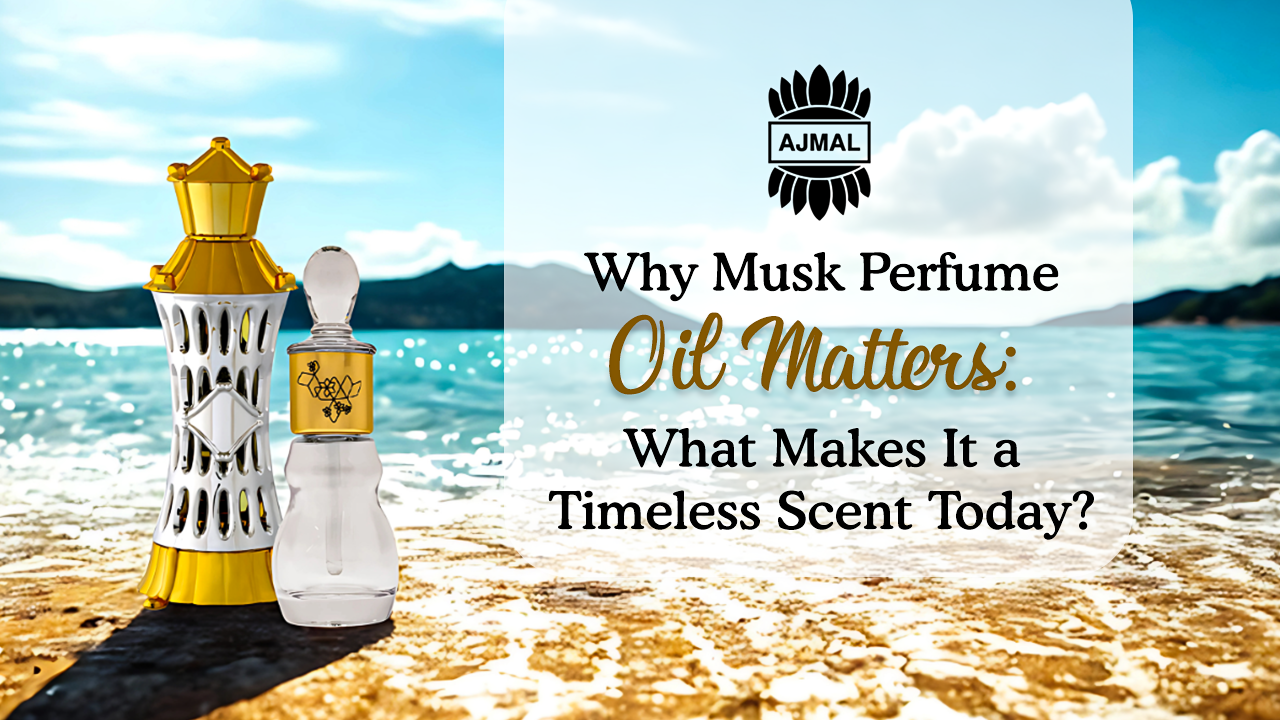1. Introduction: The Myth of Perfection
In today’s picture-perfect world, everyone seems to be chasing flawless smooth skin, perfect hair, and symmetrical features. But real life isn’t filtered or airbrushed, and that’s exactly what makes it beautiful. Imperfection is what gives us character, individuality, and depth. The concept of “beauty in imperfection” teaches us that flaws are not weaknesses; they are part of our story, our growth, and our true charm.
2. The Cultural Obsession with Perfection
Social media and advertising often show us only one kind of beauty: spotless, flawless, and often unrealistic. This constant exposure makes people feel that to be accepted, they must look “perfect.” In the process, we forget that even nature isn’t perfect; no two leaves, sunsets, or snowflakes are identical. Similarly, human beauty lies in variety and authenticity. The small differences between a scar, freckles, or wrinkles make us who we are.
3. The Philosophy of Wabi-Sabi
In Japanese culture, there’s a beautiful concept called Wabi-Sabi, which celebrates imperfection and impermanence. A cracked bowl repaired with gold, for example, becomes more valuable because of its flaw. The same idea applies to people. Our imperfections make us stronger, more resilient, and more beautiful. True beauty isn’t about hiding what’s broken; it’s about embracing it proudly.
4. The Role of the Beauty Industry
The modern beauty world is beginning to accept this philosophy. More brands and professionals now encourage people to celebrate their natural selves rather than chase impossible standards. A nail salon Miami, for instance, might promote simple, natural nail designs instead of artificial perfection reminding clients that elegance can be found in minimalism and authenticity. When beauty spaces encourage acceptance, they become places of empowerment, not pressure.
5. The Psychological Side of Imperfection
Psychologists say that embracing our flaws leads to higher self-esteem and happiness. When we stop comparing ourselves to others, we feel freer and more confident. Perfectionism, on the other hand, often leads to stress and dissatisfaction. Self-love begins when we understand that every imperfection, physical or emotional adds to our uniqueness. Even in something as simple as self-care, like visiting a nail salon Miami, the goal should be relaxation and self-expression, not perfection.
6. Real People, Real Beauty
More celebrities and influencers are now showing their natural faces, scars, and stretch marks proudly. This shift encourages people to see beauty in honesty. When we see real people embracing their flaws, we are reminded that beauty isn’t about fitting in, it’s about standing out. Our individuality is what makes us special.
7. Conclusion: Embrace Your Uniqueness
Flaws are not something to hide; they are signs of life, experience, and growth. Perfection is static; it doesn’t tell a story. But imperfection shows strength, courage, and truth. Whether it’s a scar that reminds you of healing or a wrinkle that holds a memory, every mark is proof that you’ve lived. When we embrace our imperfections, we discover a deeper, more lasting kind of beauty that no filter, standard, or trend can ever replace.


